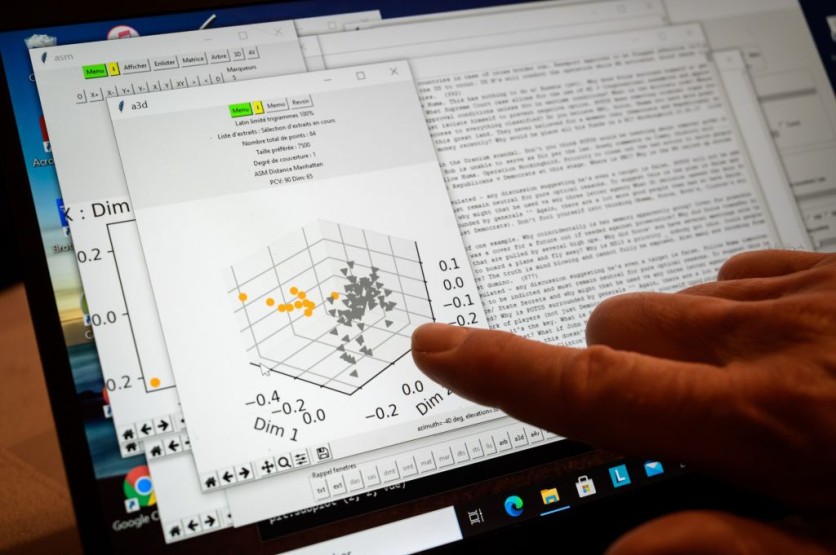Artificial intelligence is pretty much everywhere these days. From apps that generate your images into anime characters to gathering real-time information about the climate crisis - AI has truly become expansive.
Earlier this year, AI was once again employed in the field of health after the National Institutes of Health (NIH) granted a $170 million fund to a program called Nutrition Precision Health (NPH) to start a five-year study with around 10,000 participants.
The main goal of the NIH Common Fund's NPH is to create algorithms that predict individual responses to food and dietary patterns. It banks on the advances made in the field of AI, microbiome research, and biomedical science, and with the aid of the All of Us Research Program to make the study more expansive.

Unique Strategy
Holly Nicastro, program director at the NIH Office of nutrition research, told CNN that their strategy is unique because it relies on a wide range of variables, many of which are not frequently looked at in nutrition science.
She noted that the NPH project will investigate how a person's response to nutrition is influenced by their genes, the microbiome, biology and physiology, health history, environment, psychology, and social determinants of health.
One million people from all over the US are being invited by All of Us to participate in creating one of the most varied health databases in history. The majority of participants are expected to be members of underrepresented groups in the biological sciences.
Biological samples, electronic health records, digital health tools, and surveys will all be used to collect data from the participants in All of Us. The research program's diverse participants will enable NPH to study factors such as sex, race, and age.
Three Modules
According to Nicastro, the NPH consists of three modules. The first module will gather data on each participant's typical daily dietary habits. Then, a portion of the Module 1 participants will consume three different diets in Module 2.
A smaller, distinct group of participants from Module 1 will take part in Module 3 in a two-week study in research facilities where their diets will be meticulously monitored by scientists.
A meal challenge test will cap off each module. The individuals will fast overnight before consuming a standardized morning meal or beverage so that the researchers may monitor their responses, such as blood glucose levels over several hours.
Data from the All of Us program will be linked into the NPH study and then subjected to AI analysis.
According to Nicastro, this strategy offers a rare chance to advance nutrition research toward personalized nutrition since, unlike human researchers, massive amounts of data may be processed fast by AI, which can also generate connections between data points into algorithms.
"High-quality nutrition studies such as the NPH study will help individuals and their health care providers create healthy, precise, and effective diet plans," the NIH writes on their website.
Related Article : Researchers Create an AI Model that Predicts Positive, Negative Results of COVID-19 Tests

ⓒ 2025 TECHTIMES.com All rights reserved. Do not reproduce without permission.




